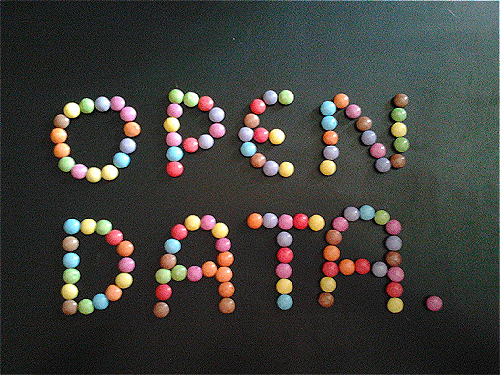This Saturday is Open Data Day.

The Day Today BBC ? 2014
Data describe the places where we live, work and play and it helps us to understand the world around us. You could be interested in local transport, health or education, our public services create data about all of them. Data can help you hold politicians to account, or it can tell you where the nearest public loo is.
In Birmingham we are holding an event at Birmingham City University where we are going to set up a West Midlands “Open DataStore In A Day”. The idea is quite simple. Over the day we will set up a website that can hold open datasets and publish what we can find to it.?You don’t have to be a technical whizz to take part. Enthusiasm and curiosity are enough to make it worth your while coming along.
We’ll spend the day finding and collecting the data that people are interested in and we’ll put it all together in one place online, in the West Midlands Open Datastore. Once we’ve done that, it makes it all a lot easier to do something useful with.
If somebody can’t find the data that they are interested in then we will help them to write a Freedom Of Information request to ask for it. When those are answered we will add them to the Open Datastore.
I’m really pleased that Data Unlocked, the co-operative venture that I’ve recently helped to co-found, are providing the website for people to work on during the day, and that we will continue supporting it afterwards. We’ve helped to organise the day along with Open Mercia and RnROrganisation.
In?Emer Coleman’s recent post about the City as a Platform?she says that she has seen quotes of up to ?200,000 for Data Platforms. We think that we can do a lot with some free open source software and the goodwill of people volunteering their time and skills.
We are using?Ckan?to host the West Midlands Open Datastore and are thankful to the Open Knowledge Foundation for providing this free, open source software for us to use.?Thanks also to Birmingham City University, who are providing us with a room in their sparky new offices at Parkside.








